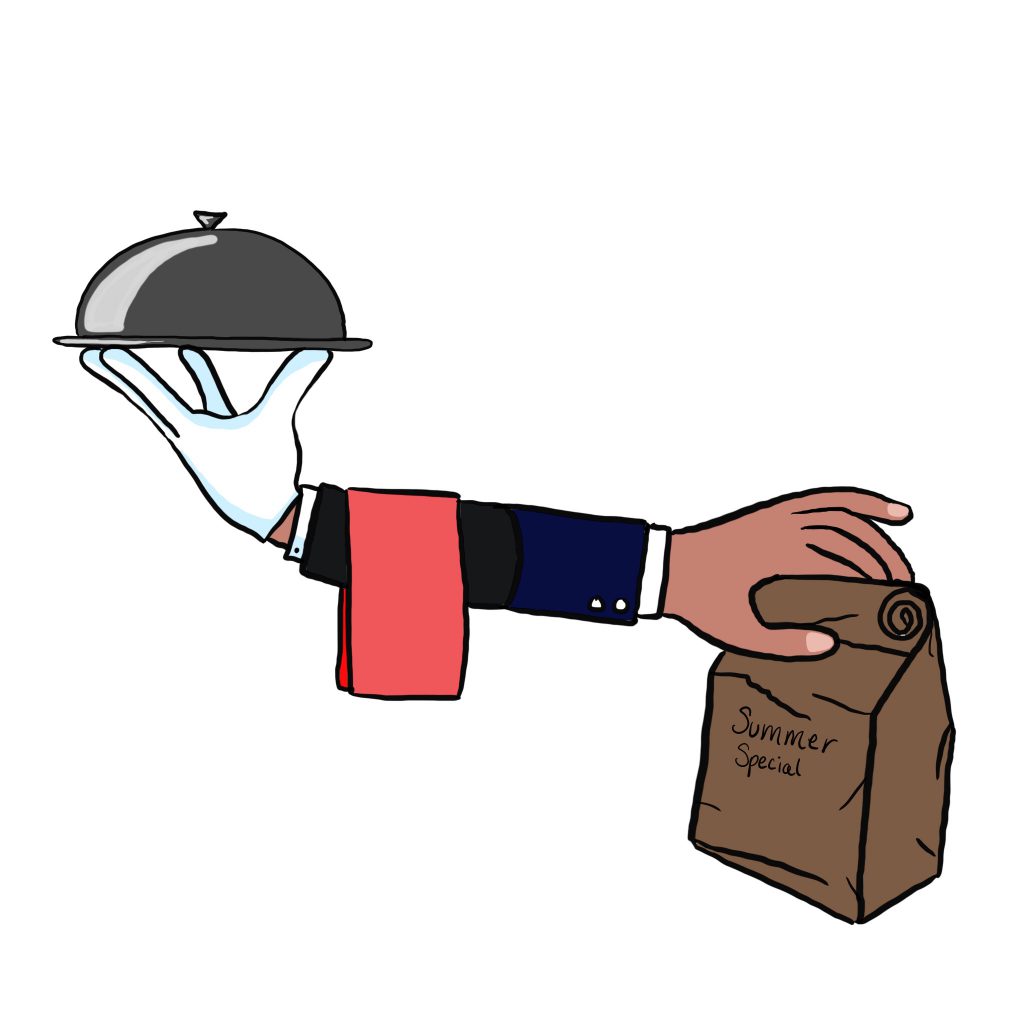“Iron Widow’’ is the New York Times bestselling debut novel of Xiran Jay Zhao, a first-generation Chinese immigrant. Set in a futuristic world with references to East Asian mythology, Chinese cultural elements and historical figures, the novel is both sci-fi and fantasy.
Its pitch describes it as “‘Pacific Rim’ meets ‘The Handmaid’s Tale’ retelling of the rise of Wu Zetian, the only female emperor in Chinese history.” In a promotional video for the novel, the author describes the story as “a wild blend of [their] love of anime and [their] love of Chinese harem dramas.”
The book stars 18-year-old Zetian, who wishes to avenge her older sister who was killed defending Huaxia, the book’s fictional stand-in for China, against creatures called Hunduns. The book describes the Hunduns as large metallic creatures who are “invaders from the cosmos who’d pulverized the height of human civilization some two thousand years ago and shattered humanity into scattered tribes.”
She is unapologetically angry, and that’s what is so fresh about her. Francesa Tacchi, the author of the upcoming novella, “Let the Mountains Be My Grave,” believes “I feel like ‘Iron Widow’ really scratched an itch when it comes to power fantasies for abuse survivors, and that [it] is unapologetic in its portrayal of a survivor’s rage and it is something that is oh-so-needed.”
“Iron Widow” speaks on both modern and ancient issues that the author feels deeply on. Publisher’s Weekly’s review said, “Zhao combines allusions to modern Chinese issues, such as the marriage crisis, with ancient practices and beliefs, including footbinding, elements and qi and yin and yang.”
Zhao’s novel also defies how most novels deal with romance and gender roles. In an interview for Oxford University’s school newspaper, “The Oxford Student,” about the romantic themes they state, “I hoped to show that you don’t necessarily have to bind yourself with society’s golden standards for romance and relationships.”
“Iron Widow” is unapologetically a novel rooted in feminism and deeply personal to its author. The novel’s narrator may be based on Wu Zetian in name and in how cunning and strong willed she is. While in ways the novel is a breath of fresh air in a genre that is easily stereotyped, it knows it will upset people and it does not care.
By Annie Phelps
saphelps@vwu.edu



